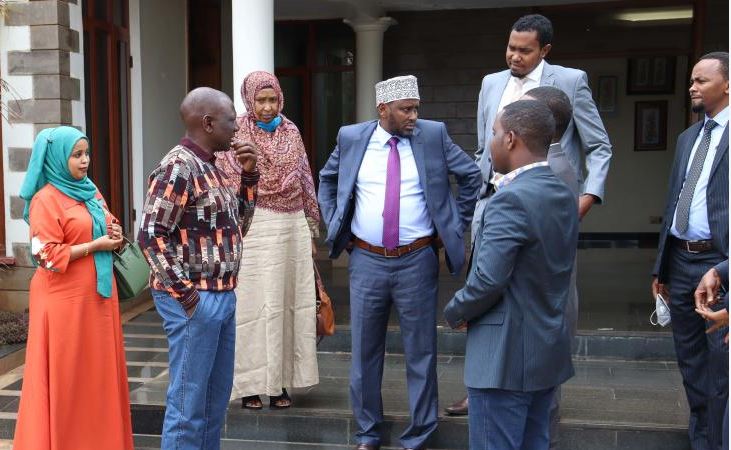×
The Standard e-Paper
Stay Informed, Even Offline

Days after the release of the Building Bridges Initiative (BBI) report, Deputy President William Ruto’s allies have changed tack and may not publicly oppose the proposed changes.
President Uhuru Kenyatta and ODM leader Raila Odinga have already hit the road, popularising the BBI report they unveiled on October 21 at Kisii State Lodge.